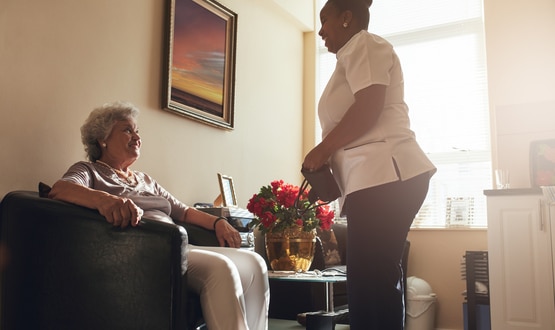Wanless calls for telecare to move to mainstream
- 4 April 2006
Telecare should be moved into the mainstream when planning long term care for elderly although its financial impact is difficult to predict, according to a review of social care funding by Sir Derek Wanless.
The report, Securing Good Care for Older People: Taking a long term view, recommends a new system of funding for social care but also outlines how services should be reconfigured to meet the predicted increase in demand for social care over the next two decades.
It says that while various pilot studies have attempted to estimate savings from telecare projects, all have run into problems when trying to calculate what impact telecare would have on total costs.
The report adds: “To get the complete picture, social care costs, NHS costs, and the state benefits system all need to be included, as well as the impact on the economy of any improvement in the earnings potential of informal carers.”
The report says most studies have provided positive results but there has been no consensus framework for the cost assessments so it is difficult to assess the financial impact of telecare if implemented nationally. However the report adds: “Nevertheless enough lessons have been learned from the pilot studies to ensure that the emphasis should now shift to moving telecare into the mainstream.”
The report suggests that telecare development should focus on those in the middle rather than high frailty groups to have an impact on subsequent moves into care homes. It adds that this would mean the cost benefits would take time to feed through which in turn would demand a long term investment horizon.
It says key issues that need to be tackled include decisions about who will be offered telecare, how it will be funded, the specification of the equipment provided and whether national standards will be set for such decisions.
The report is sceptical about the health department’s IT targets to provide telecare in 20 per cent of homes requiring it by the end of 2007, and in all homes requiring it by the end of 2010. It says these targets look “very ambitious unless a very low definition of telecare need and service is used.”
The key message from the overall report, which runs to more than 300 pages, is that current means-tested funding for social care should be scrapped and replaced with a partnership model under which everyone in need would be entitled to an agreed level of free care, after which individuals’ contributions would be matched by the state up to a defined limit.
Links
Securing Good Care for Older People: Taking a long term view




